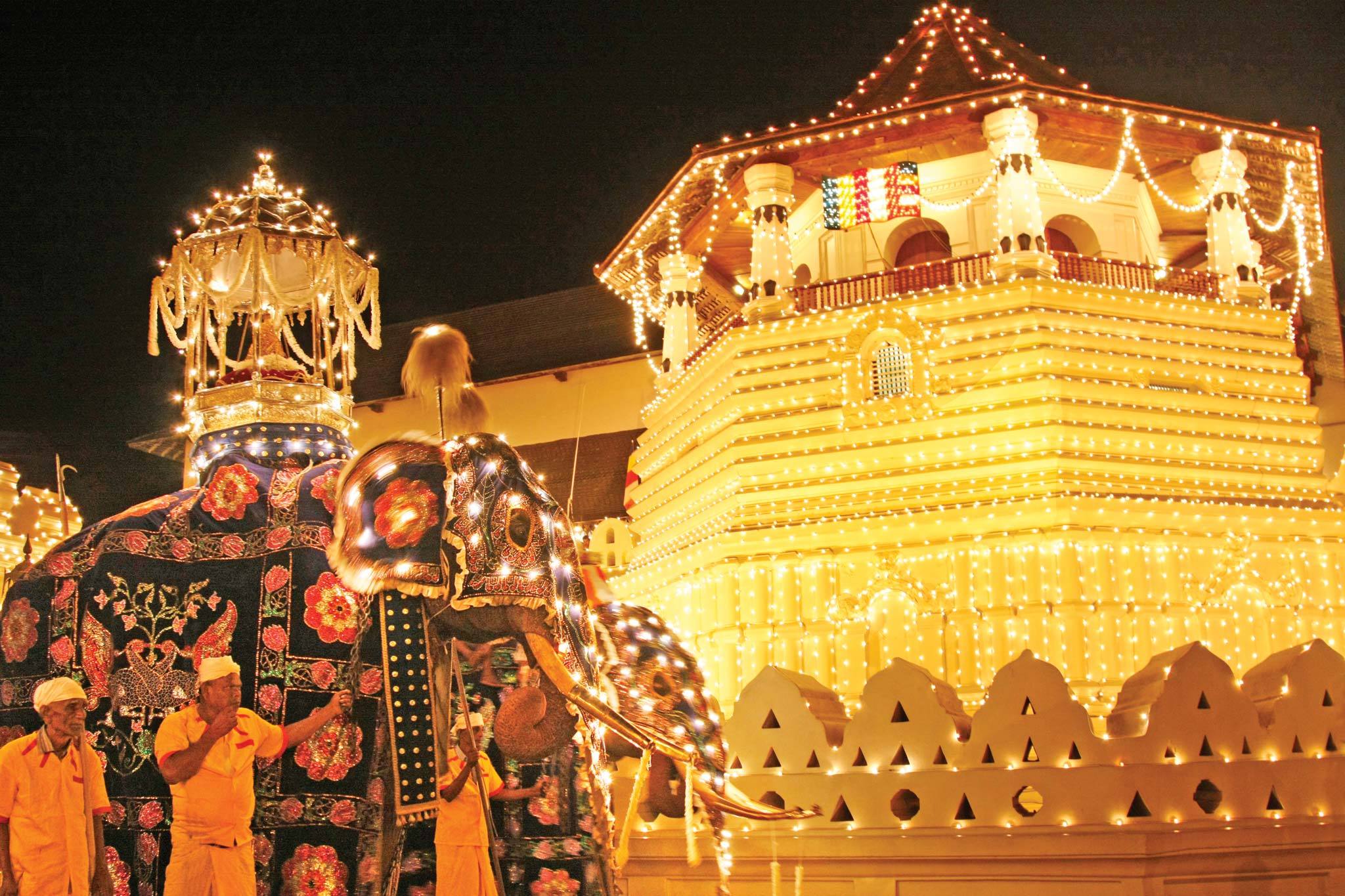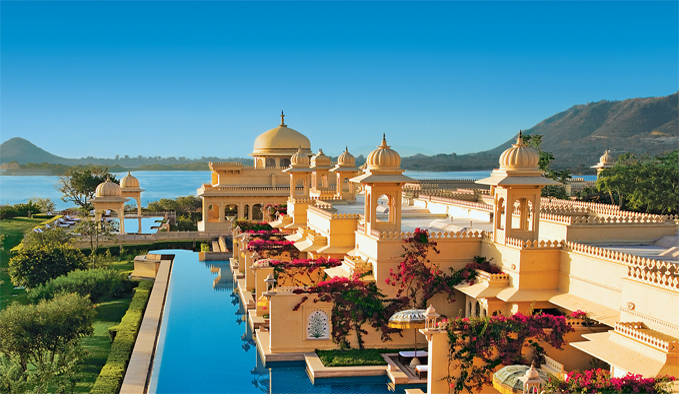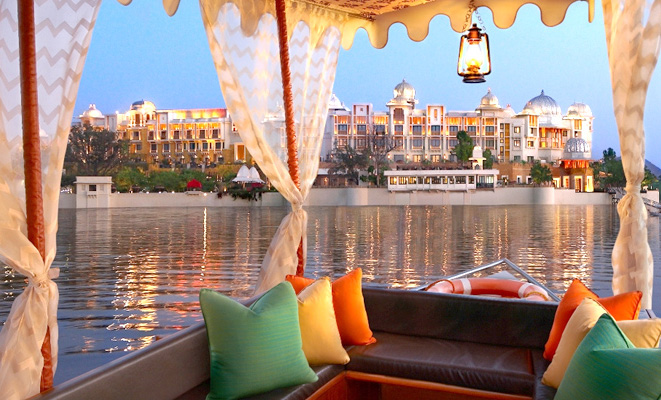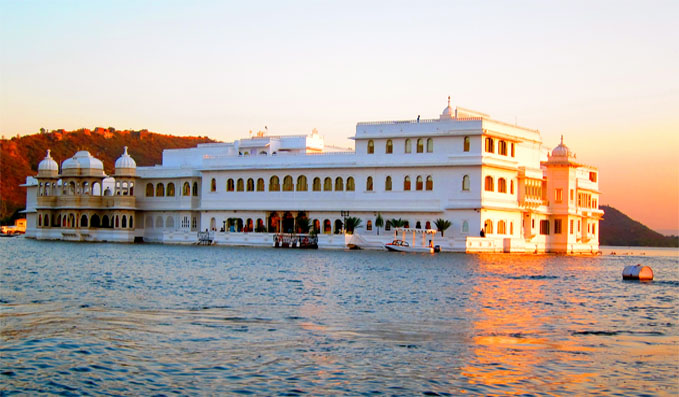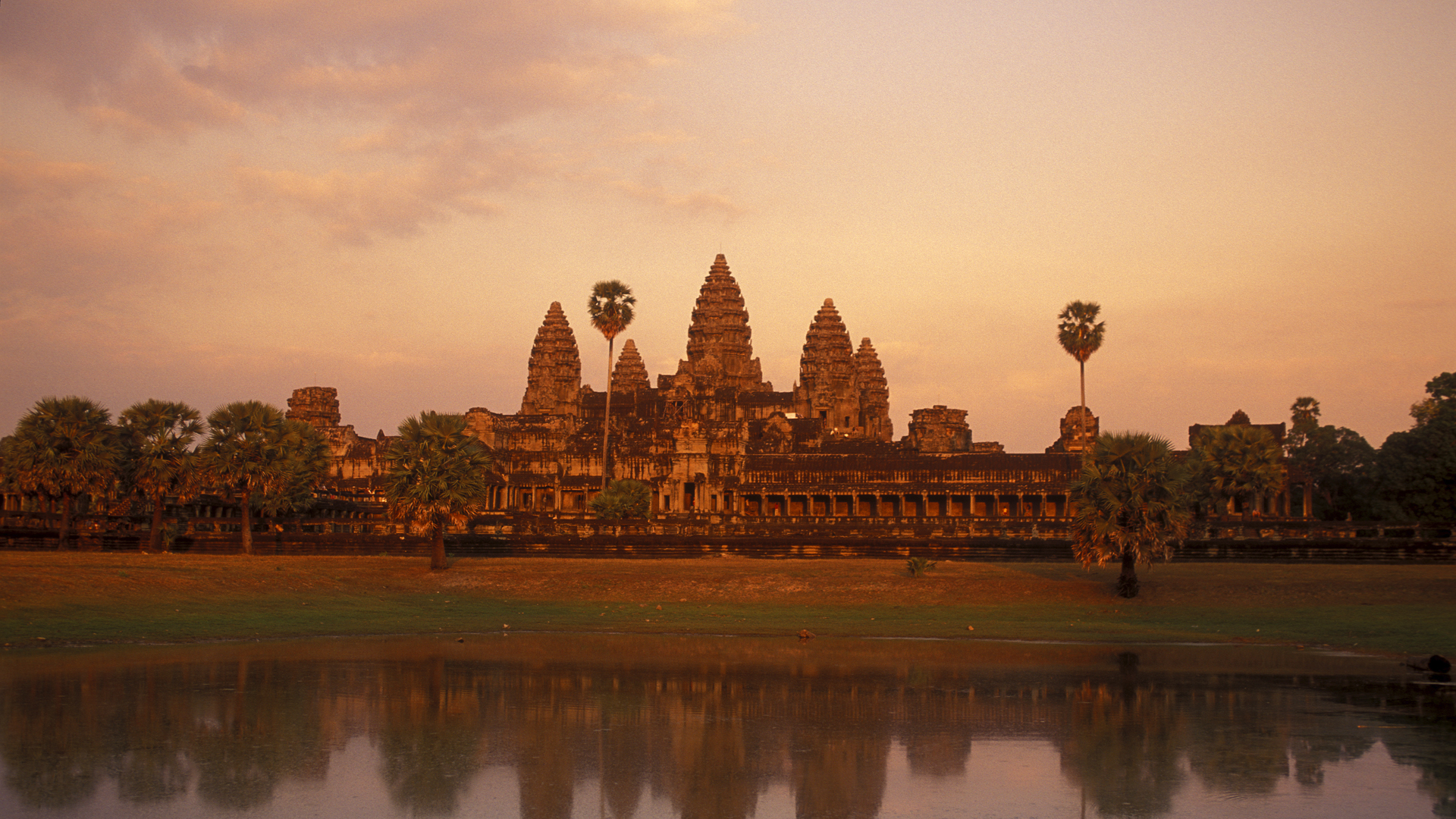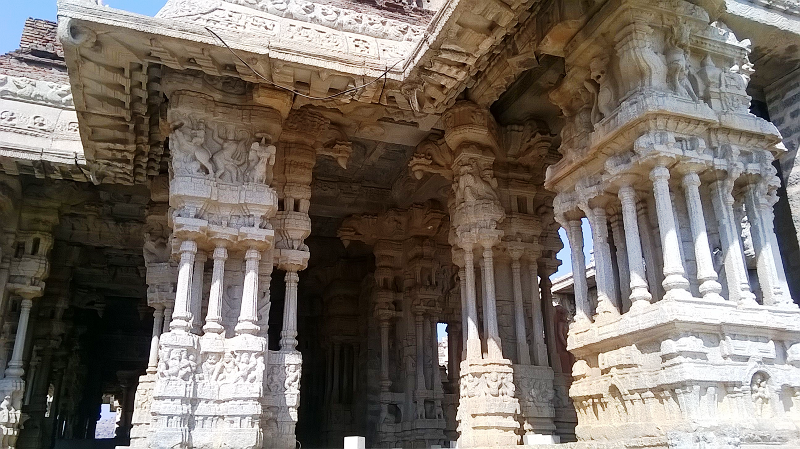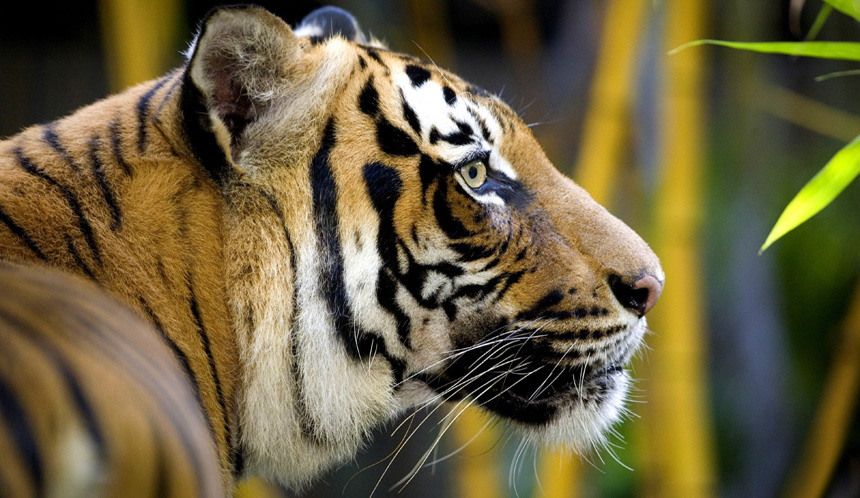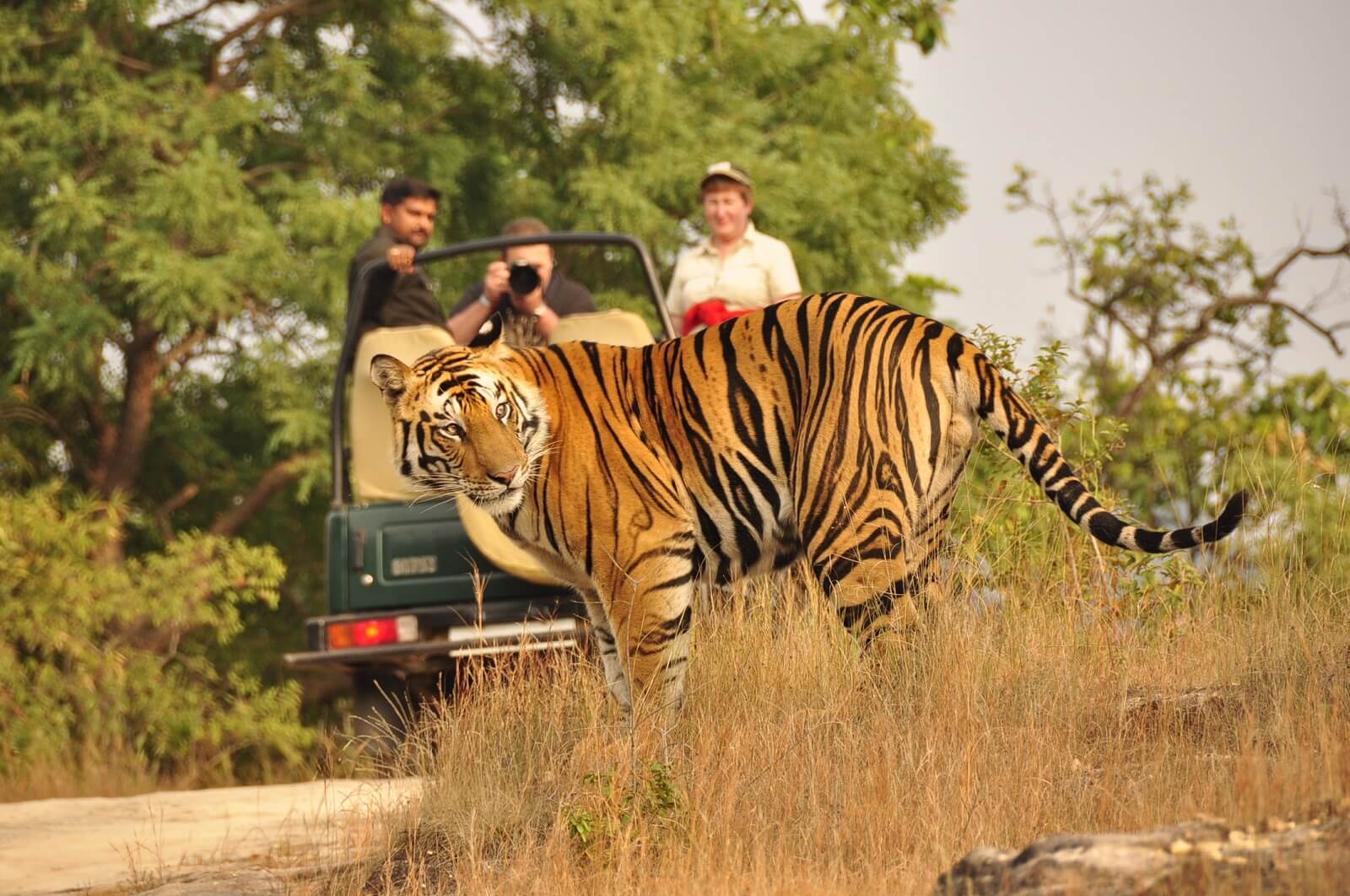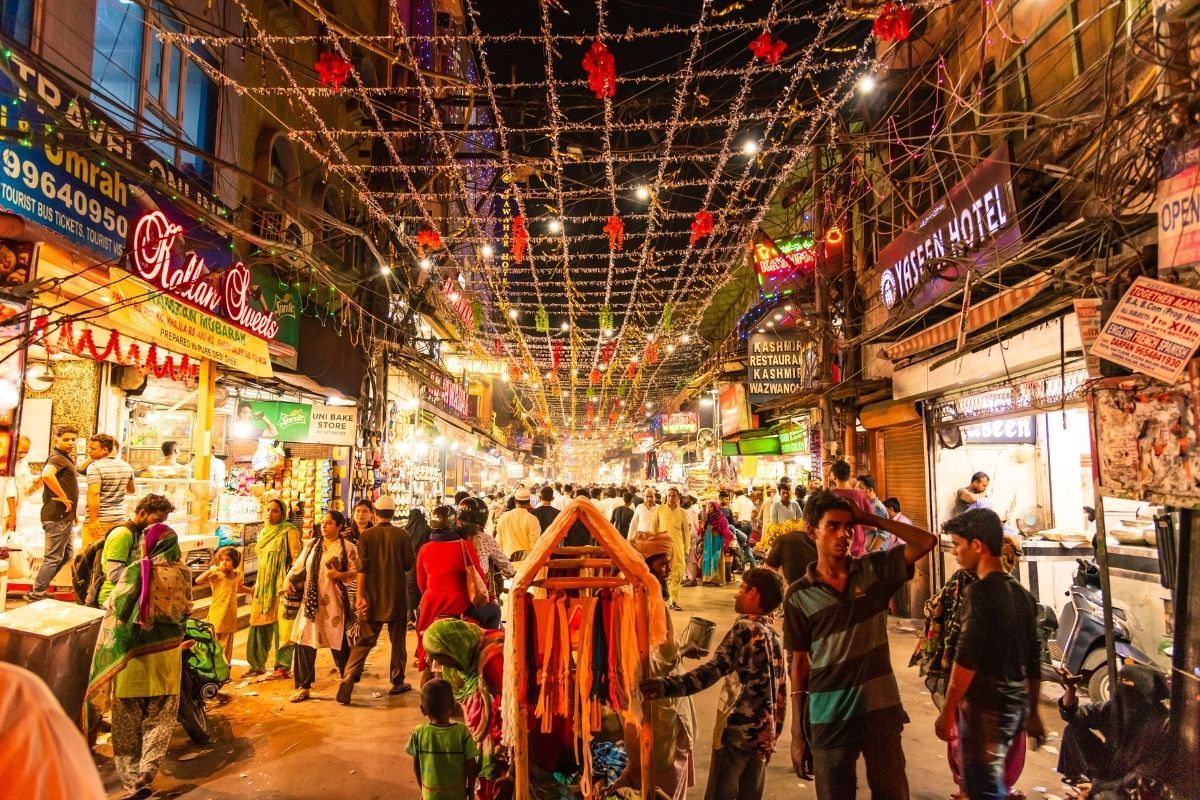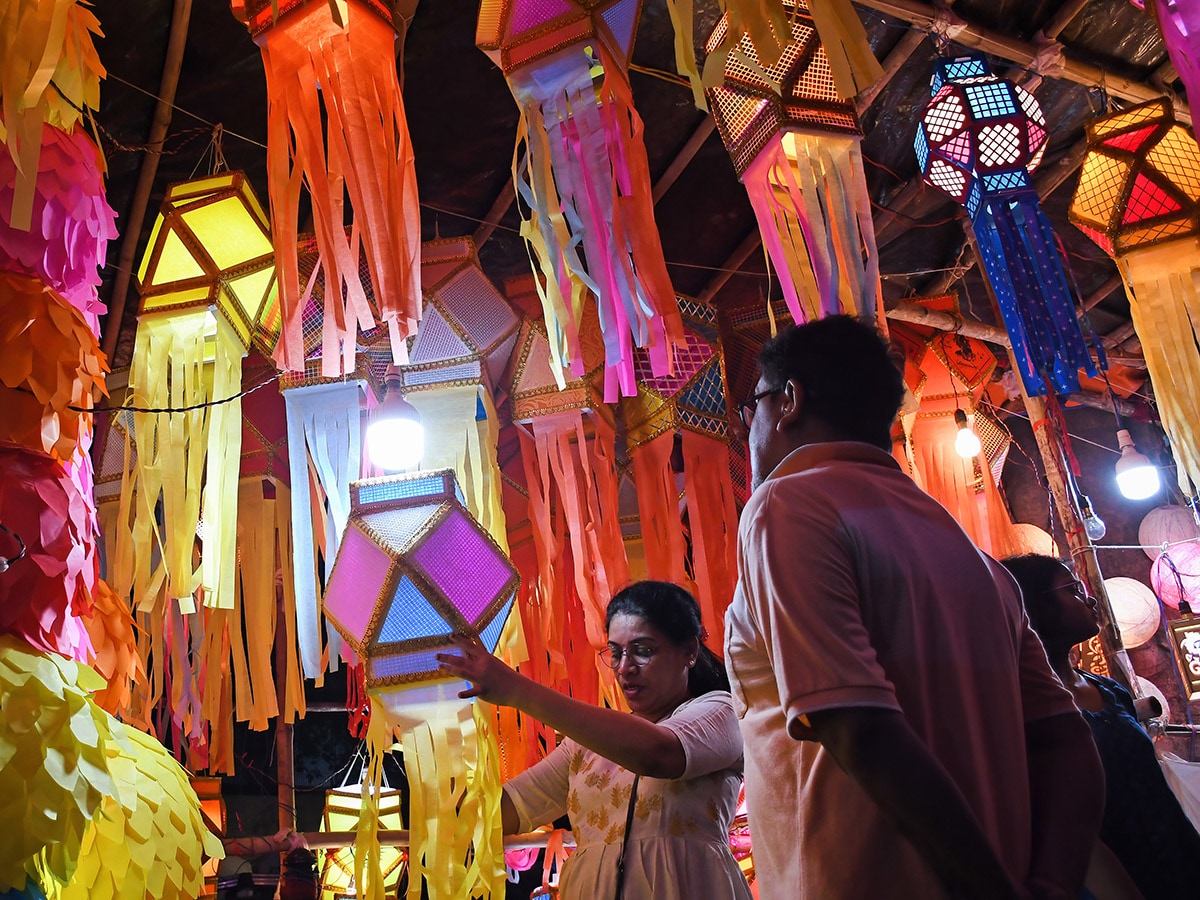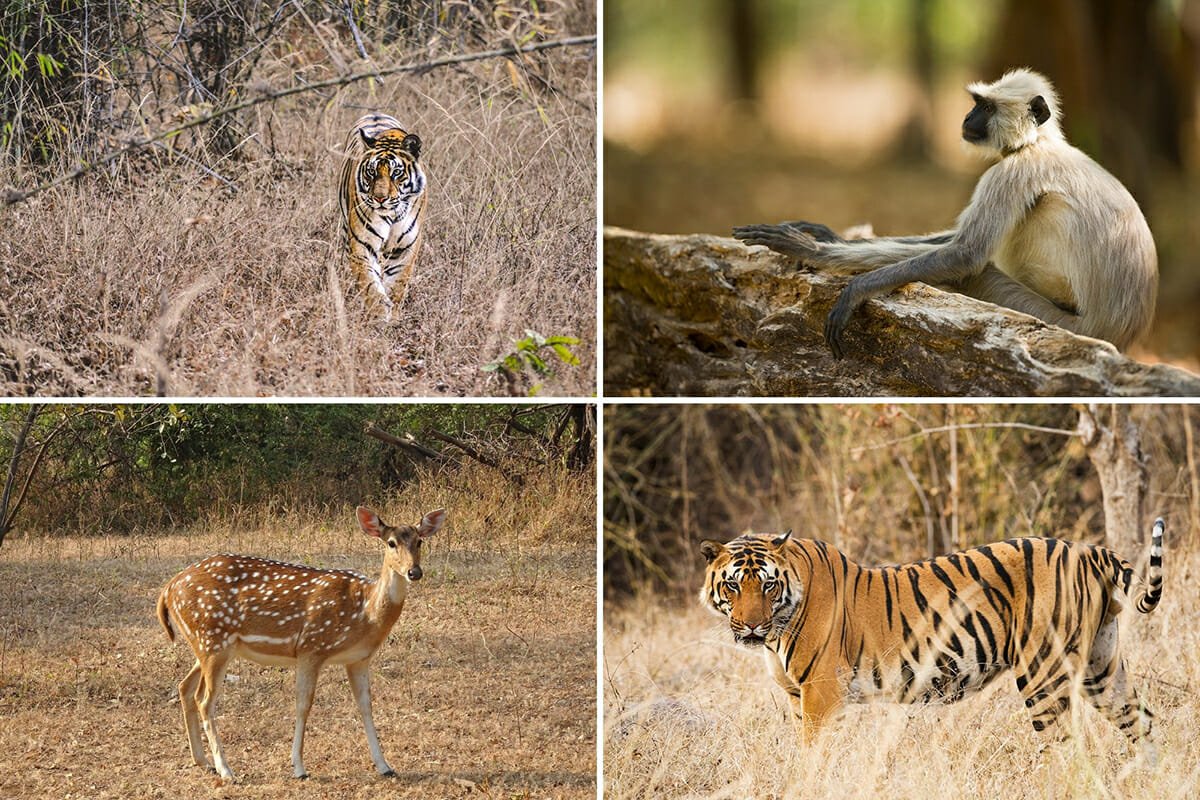20 Greatest Travel Experiences in the Indian Subcontinent for 2020
by
The India Subcontinent is one of the most-sought travel destinations in the world. With its vast diversity, incomparable mystique, fascinating histories, soulful culture, inspiring architecture and spectacular scenery, it is unique. This part of the world has the most incredible range of geographical features, from glaciers to desert land and rainforests to vast grasslands. The wonder of the Taj Mahal, the mystic of heritage sites, the thrill of regal Bengal tigers, and the quaint tea plantations of India will captivate you. The mountain kingdom of Bhutan welcomes with spirituality, rich culture and beautiful vistas. The Himalayan Kingdom and the highest point on earth, Nepal has heritage, culture, adventure and spellbinding views. The island country of Sri Lanka is a tropical paradise!
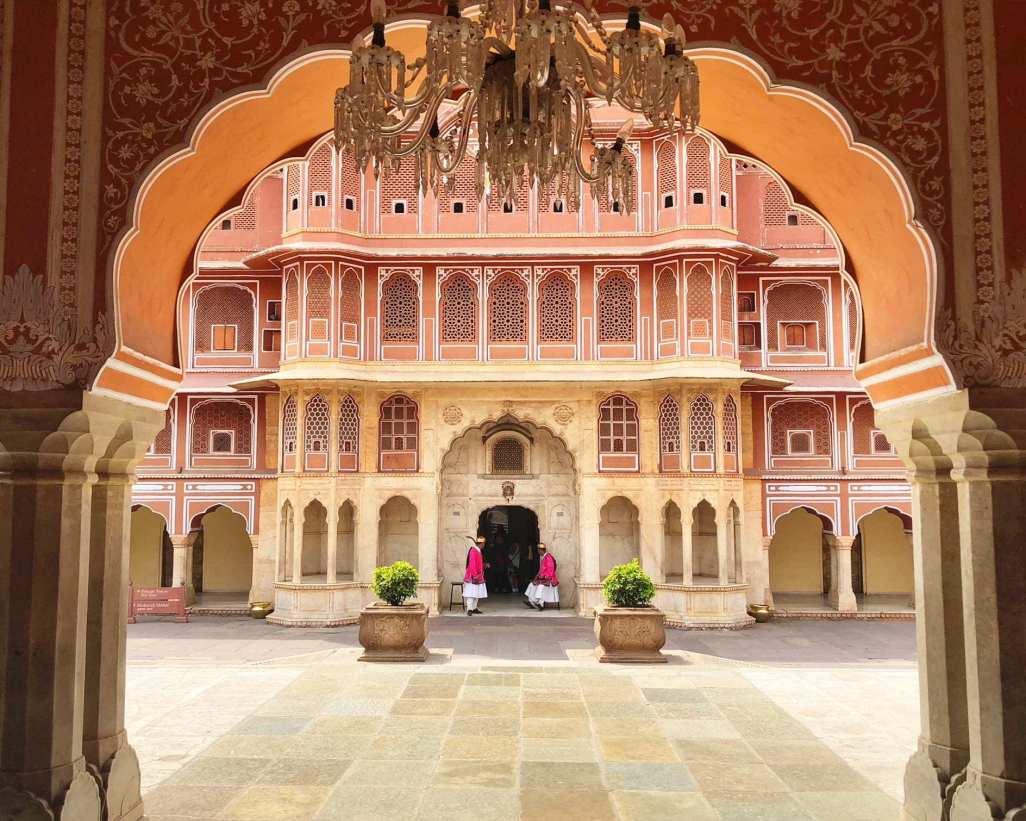
The subcontinent offers a chance of the greatest travel experiences. With so much to see, do and experience there are a number of life changing memories.
1. Calm Cruise on Kerala's backwaters, India
The backwaters of Kerala are a network of 900 km of lagoons, canals, rivers and lakes, and a meditative calm. Cruising over these tranquil waters are kettuvalam houseboats that offer a memorable experience. With private sleeping quarters, observation deck and other amenities this is an extraordinary experience of Kerala tour packages. Meals are included on a houseboat cruise. The local fish known as karimeen is a must-try on the menu and is named among the tastiest dishes to relish on the Indian subcontinent.
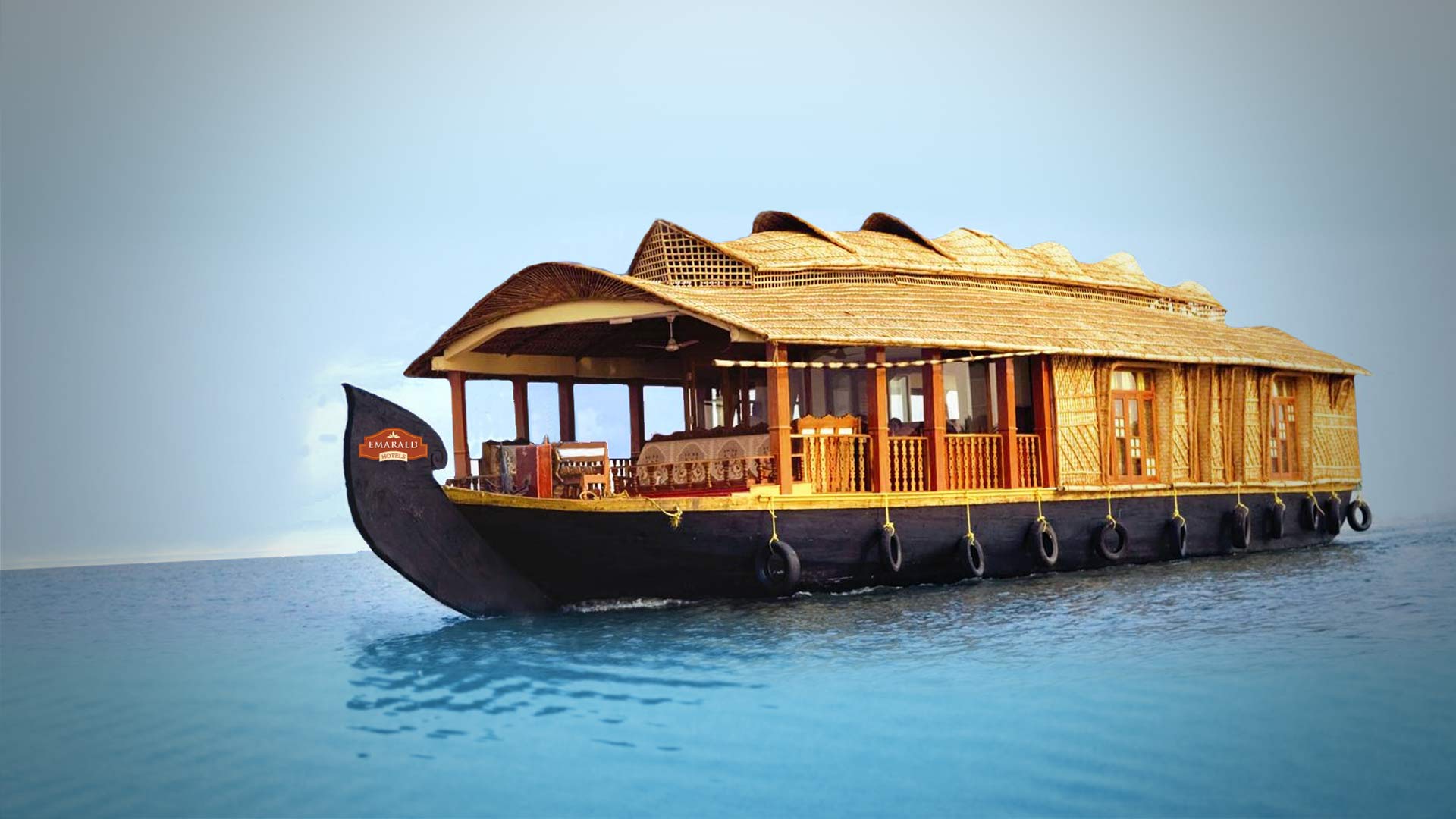
2. Roam the remains at UNESCO World Heritage Sites in India
The vast colourful heritage of India is one of the major lure for travellers visiting the country. Spread over eras and centuries, the history dates back to the start of the civilization to the many ruling powers. The legacy of the olden days are preserved and given the status of UNESCO World Heritage Sites in India. Roam these remains for the greatest experiences in the country.
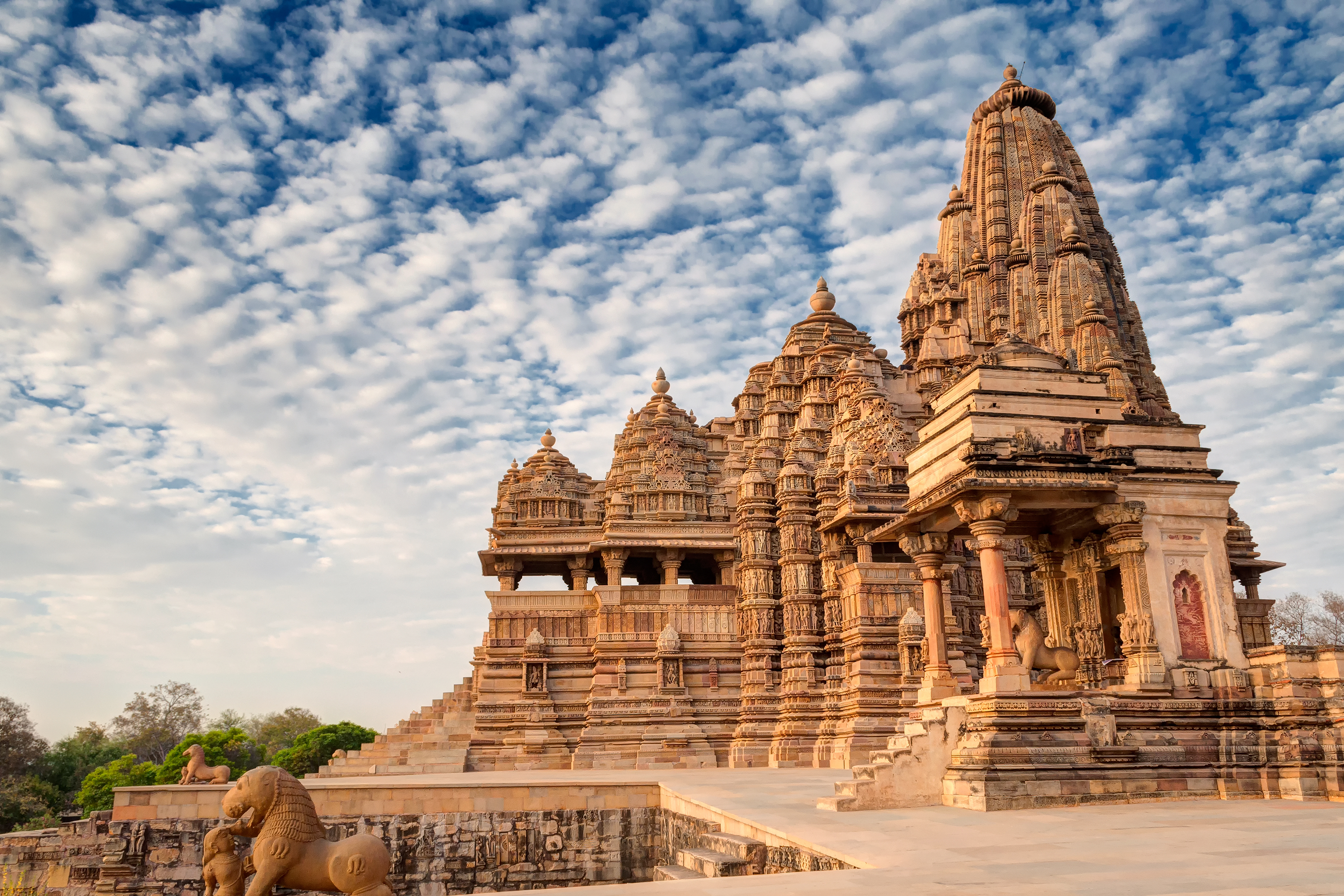
Taj Mahal, the Group of Monuments of Hampi, Mahabalipuram, Temples of Khajuraho, Walled City of Jaipur, Ahmedabad, Fatehpur Sikri, Jantar Mantar, Red Fort, Caves of Bhimbetka, Ajanta and Ellora Caves, etc. are some of the finest specimens. There 38 heritages sites some cultural, natural and even mixed heritage.
3. The first light view of the Taj Mahal, India
The Taj Mahal is one of the most recognised icons of the country. The graceful monument with its poignant story is known to captivate all those who glance at the beauty. While the view takes away your breath away, anytime of the day, there is certainly something magical about the dawn. The first light of the day transforms the ethereal beauty in one of the best experiences of your lives. Undeniably it is among the best highlights of India tour packages.
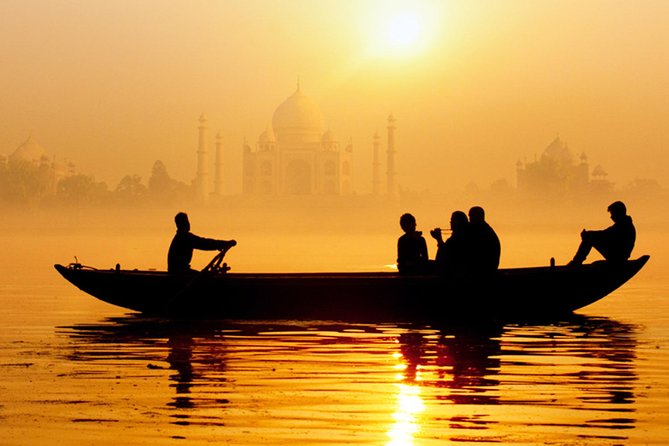
4. Hike to the Tiger’s Nest, Bhutan
Perched spectacularly over a cliff above the Paro valley, The Tiger’s Nest is one of the must-visit highlights of Bhutan tours. Known as Paro Takstang, the 17th century Buddhist Monastery is a sacred fortress of white-washed walls and fluted roofs. Built on the sacred cave once consecrated by Guru Rinpoche, an incarnation of Lord Buddha, the temple maintains its delicate setting with Buddha’s blessing. Believed to be visited by the divine deity on the back of a tiger, the monastery is named so. Fluttering prayer flags, spinning prayer wheels, beautiful views and soulful monks and kids make it a hike worthwhile.
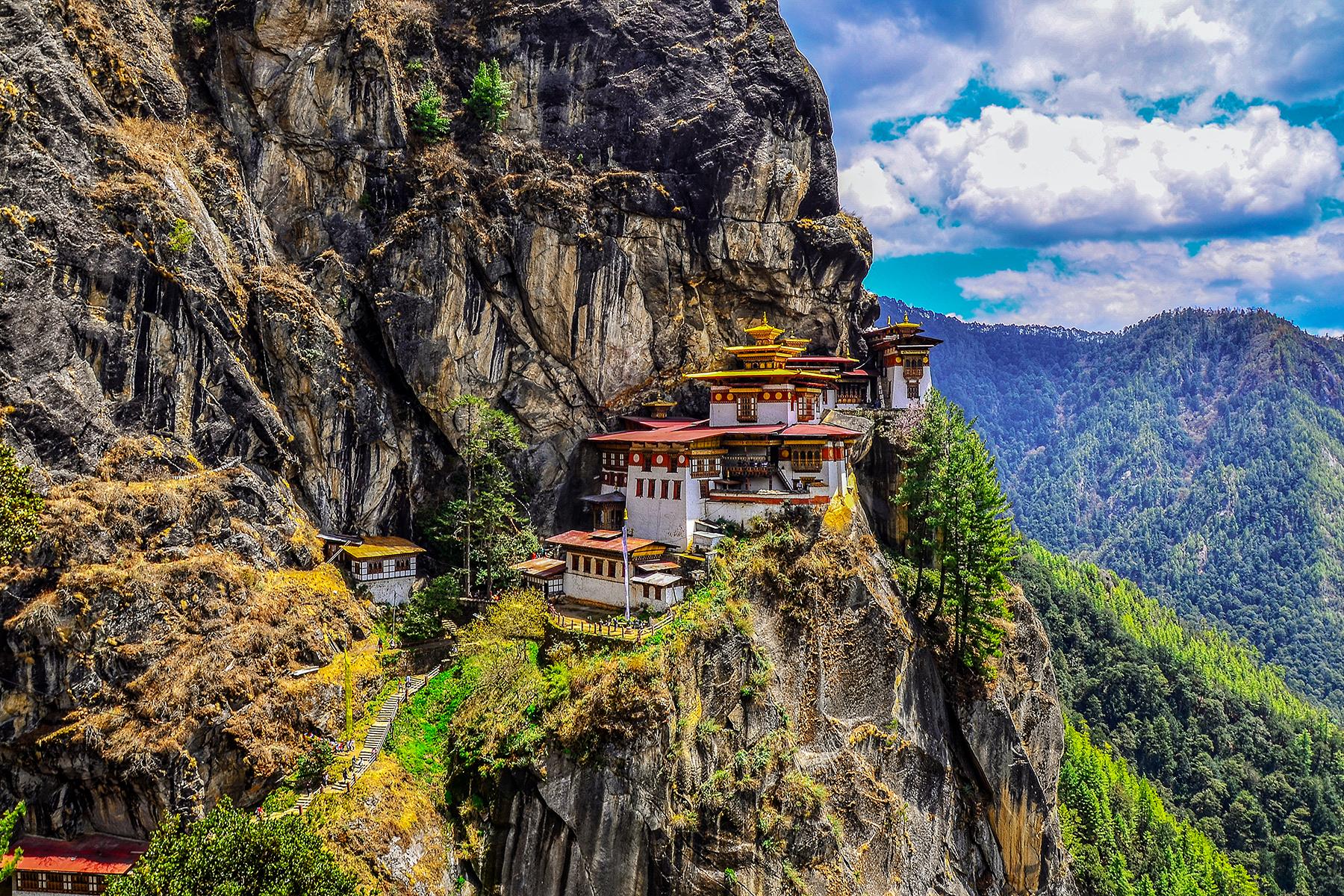
5. View the mighty Mount Everest, Nepal
The world’s highest mountain, Mount Everest at an 8,848m is a mighty site. While all visitors may not be able to hike to the very top of the Everest, the view is surprisingly accessible. 32km from Kathmandu, Nagarkot offers a breath-taking view of the mountain and the many other peaks of the Himalayas. The view certainly counts among the greatest travel experiences in the Indian Subcontinent.

6. Spiritual bliss by the Ganges, India
Rivers in India are known as Goddesses and believed to be the spiritual backbone. ‘Mother Ganges’ as the river is worshipped as, originates high in the glacial sources of Himalayas flowing through some of the most sacred cities – Rishikesh, Hairdwar, Varanasi and Allahabad before finally emptying into the Bay of Bengal 2,510km later.
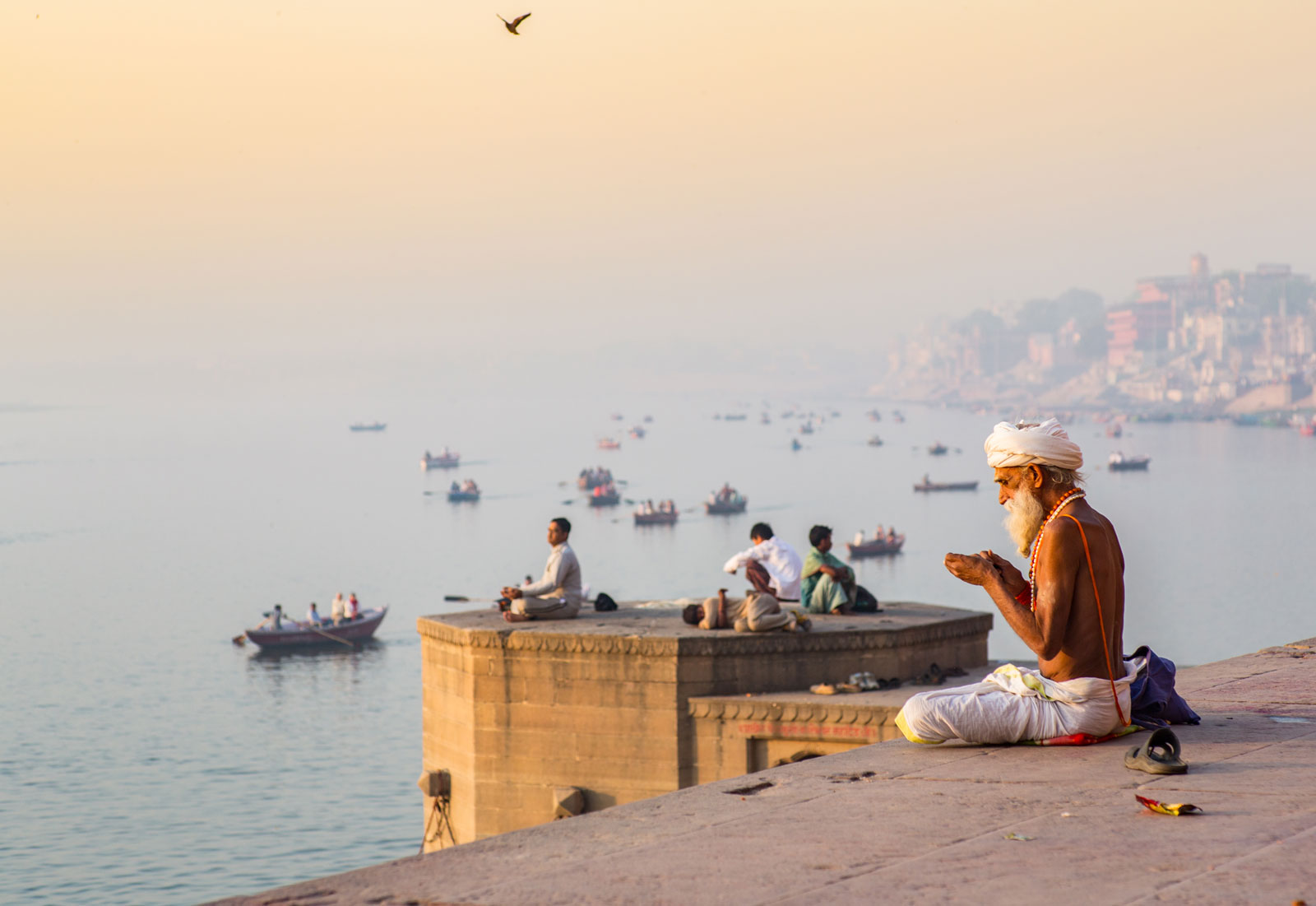
The ritual of Ganga Aarti is one of the most spiritually-enriching experiences in India. Every evening in a grand ceremony is held on the Ganges River Banks. The most spectacular prayers are held at Varanasi, Haridwar and Rishikesh.
7. Explore the backstreets of Kathmandu, Nepal
Nepal’s wonderful capital city, Kathmandu counts among the best tourist places in the Indian Subcontinent. The ancient city of sacred Hindu temples is dotted with a number of UNESCO world heritage sites. Surrounded by lush mountains, the town preserves Newari traditions and culture. The Durbar Square is the heart of the town known for presenting unique art of wood and stone carvings.
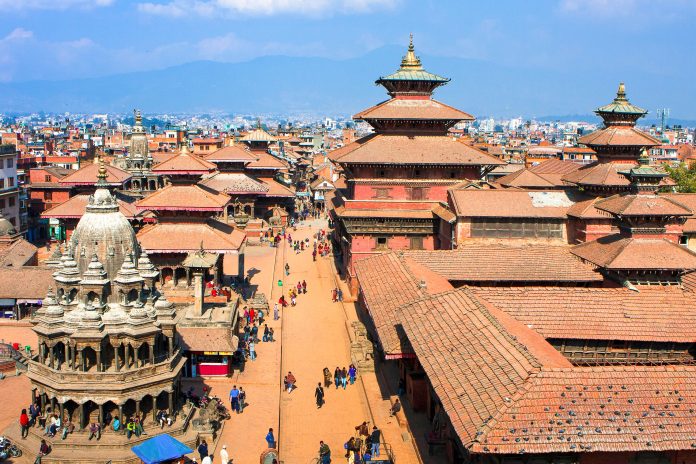
8. Visit the rock city of Sigiriya, Sri Lanka
Sigiriya Rock Fortress listed as a UNESCO World Heritage Site dates back to the 5th century, and is perhaps Sri Lanka’s picture postcard monument. The massive rock structure jutting out of the forested plains like a giant tooth still has the remains of the Fortress and the Royal Palace. The climb up to the Sigiriya Rock Fortress is 1200 steps through the Mirror Wall and the giant stone paws of a lion, Sigiriya means Lion’s Fortress in the local Sri Lankan language, Sinhalese.
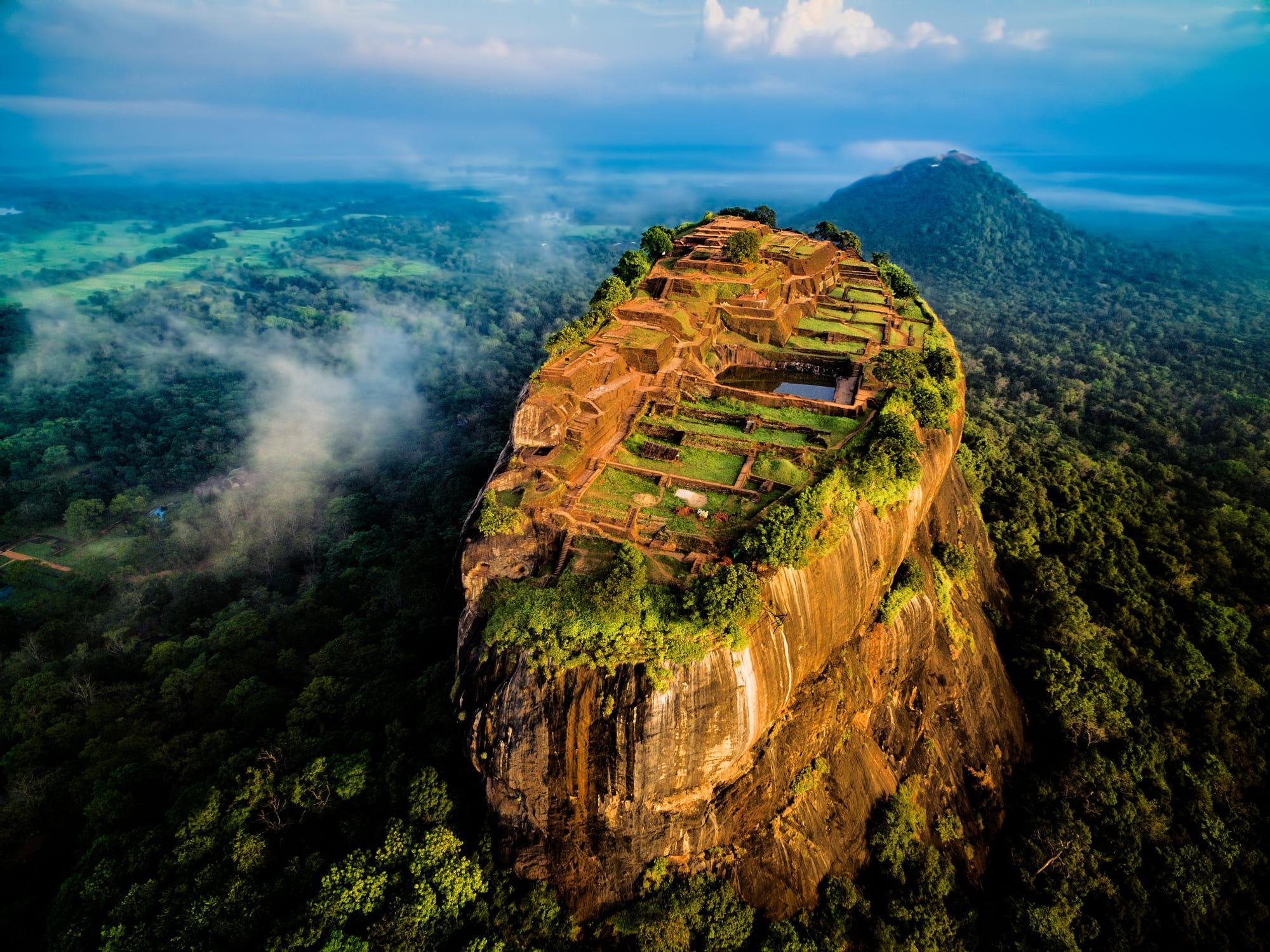
9. Embark upon wonderful railway journeys
India makes railway journeys simply some of the best travel experiences. Indian luxury trains allow exploring India without having any hassle of packing, unpacking and checking in and out every day. The train journeys cover the rich history, culture and heritage along with truly pampering experiences.
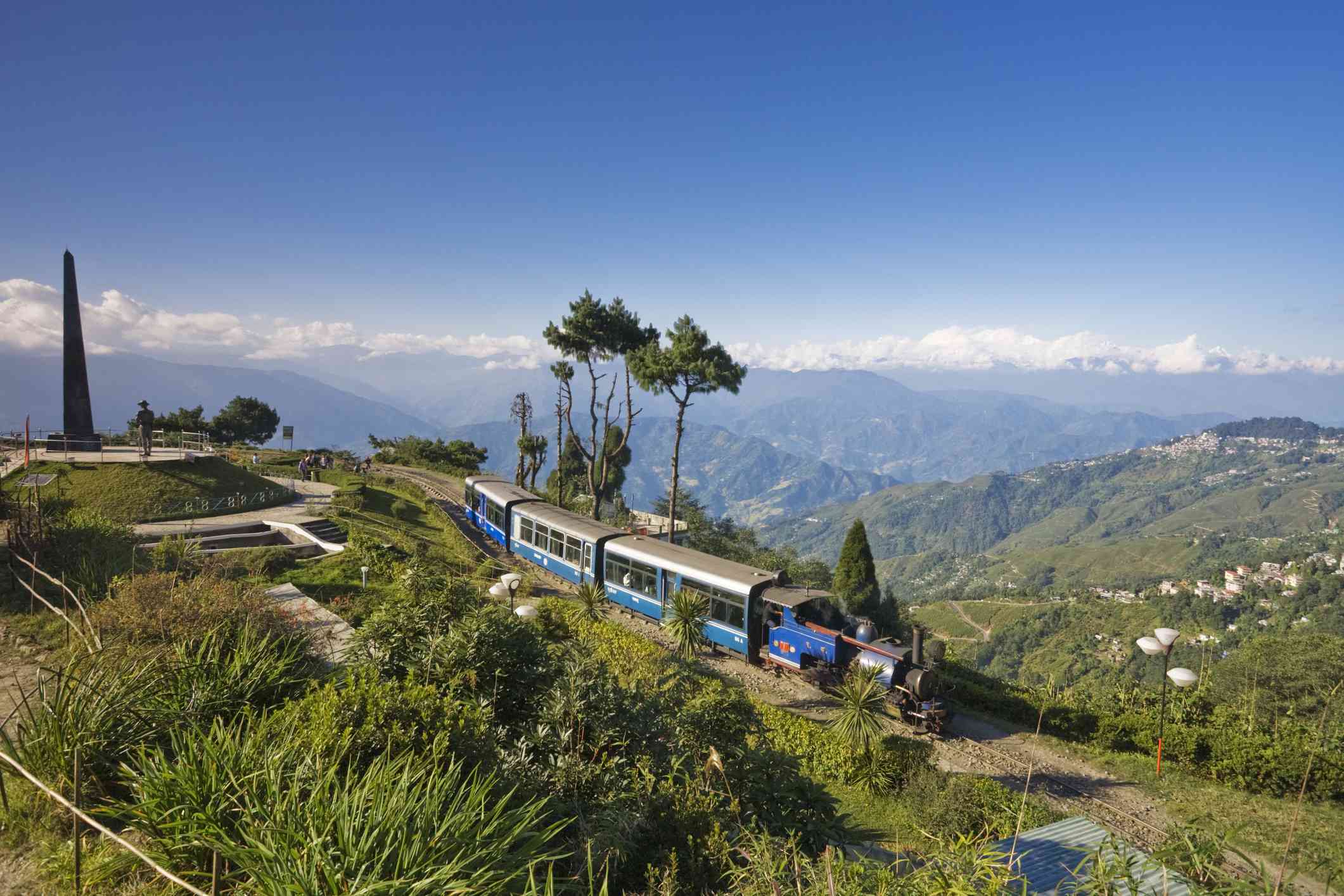
There are also trains, rare feat of engineering such as The Darjeeling Himalayan Railway and Kalka-Shimla Train, UNESCO World Heritage site that winds through the mountains. Trains journeys in India are some of the greatest travel experiences in India.
10. Wander through Rajasthan’s Mighty Forts
Rajasthan is a quintessential chapter of Indian history. The land of the fierce warrior clans of Rajputs, it is home to some of the mightiest forts. Hill forts of Rajasthan deserve special mention. Named among the UNESCO World Heritage Sites in India, these fortress are example of defensive architectures. Jaipur’s Amer Fort, Ranthambore Fort, Jaisalmer Fort, Gagron Fort, Chittorgarh Fort and Kumbalgarh Fort are some of the must-visit. Jodhpur’s Mehrangarh Fort, Bikaner Fortress and many others are some of the most interesting places to explore.
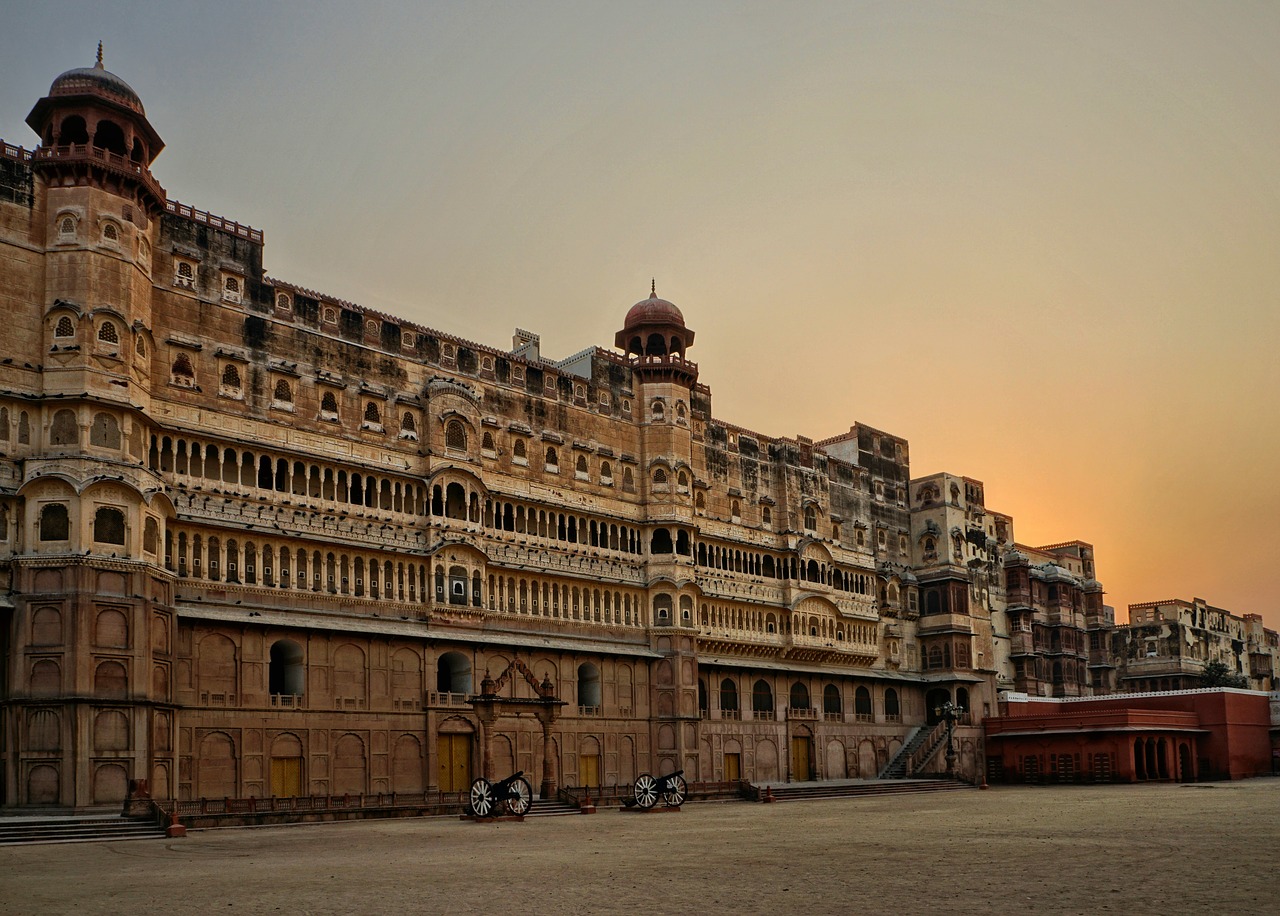
11. Go Wild on Wildlife Safari
India is blessed with lush expanse of jungles that serve as inhabit to the ferocious Royal Bengal Tigers, roaring Lions, elusive one-horned rhinoceros, colourful birds and many other species of the animal kingdom. These thriving jungles allow thrilling wildlife safaris in India that make the visit some of the best travel experiences. Besides the thrill of spotting the wild animals in their natural habitats there is stay in wildlife resorts, treehouse and other adventure activities.
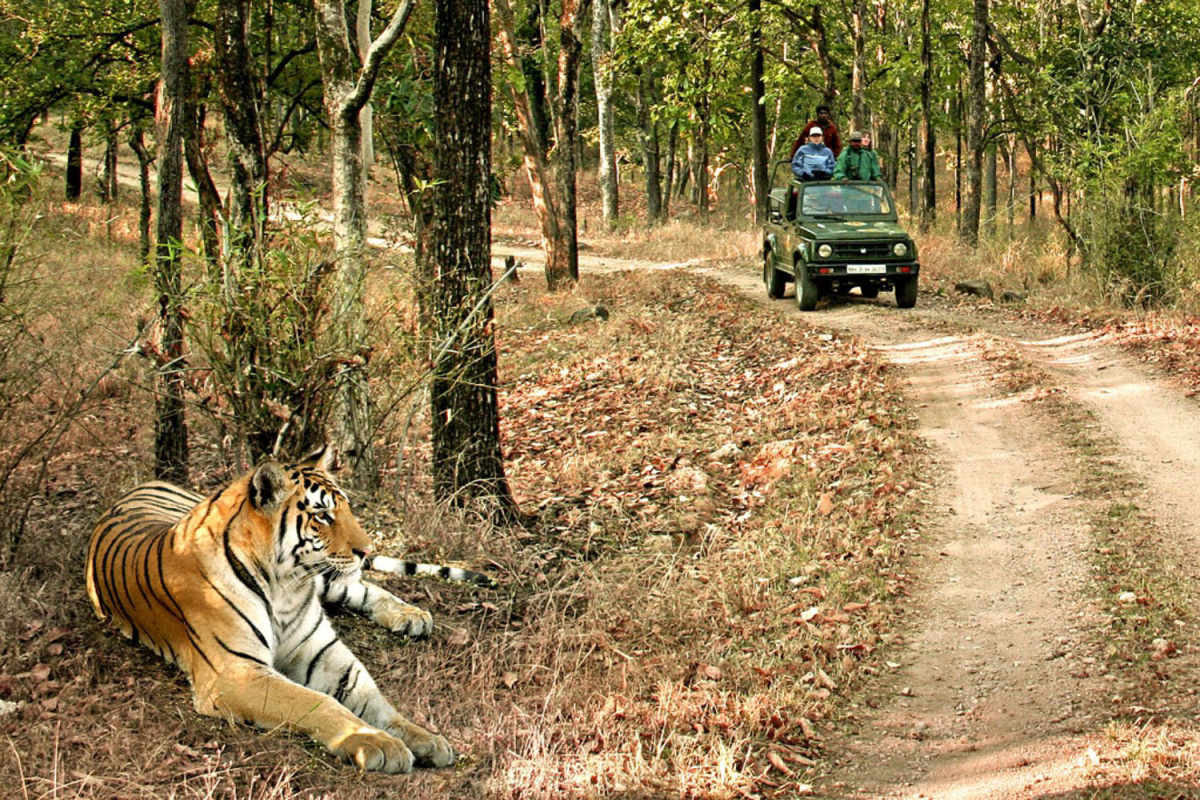
Wildlife tours in India are unique experiences, be it in Madhya Pradesh- Bandhavgarh, Pench or Kanha, Ranthambore in Rajasthan, Gir in Gujarat, Periyar and Nagarhole in South India, Kaziranga in the east or the UNESCO World Heritage Site of Sundarbans.
12. Pampering your senses with Ayurveda Massages
Ayurveda is one of India’s ancient secrets of health and wellness. The holistic treatments are said to pamper the body, mind and soul. Kerala is said to have been the birthplace of the healing tradition. With time the rituals spread all over India and now are practiced at the foothills of the Himalayas, calm seaside towns and also the top hotels of the country. Unlock harmony of all your senses with Ayurveda massages and treatments. Ayurveda and wellness packages offer the ultimate bliss and the memorable experience.
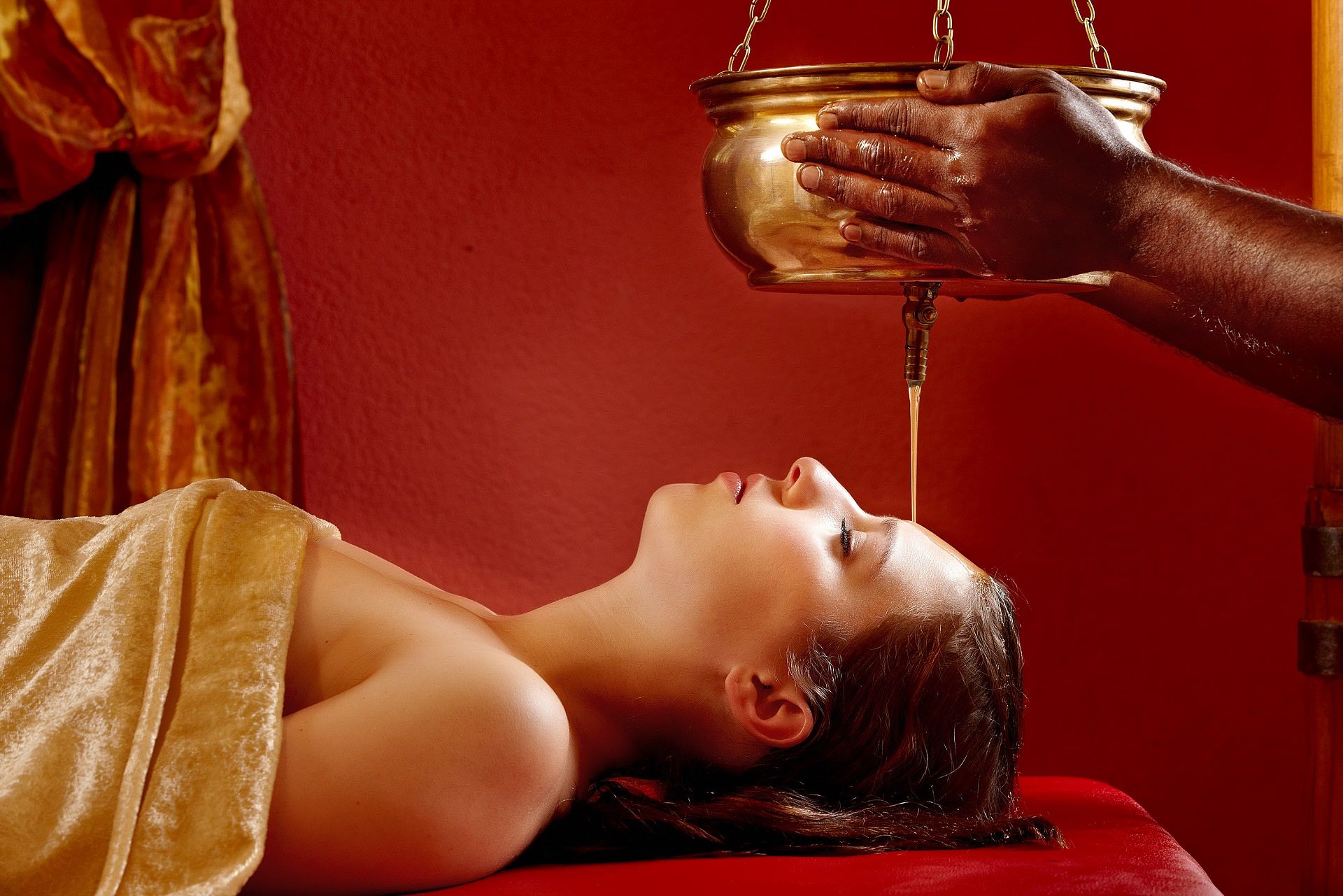
13. Spiritual Enlightenment with Yoga
Yoga is another ancient secret of health and wellness that finds its source in ancient India. Till date practiced at the foothills of Himalaya, they imbibe practitioners with many secrets of the union of body, mind and soul. Rishikesh has earned the reputation of the Yoga Capital of India. Ashrams by the holy River Ganges were the first to begin the traditions of yoga and till date continue the rituals. The International Yoga Festival is the annual celebration that brings visitors from far ends of the globe.
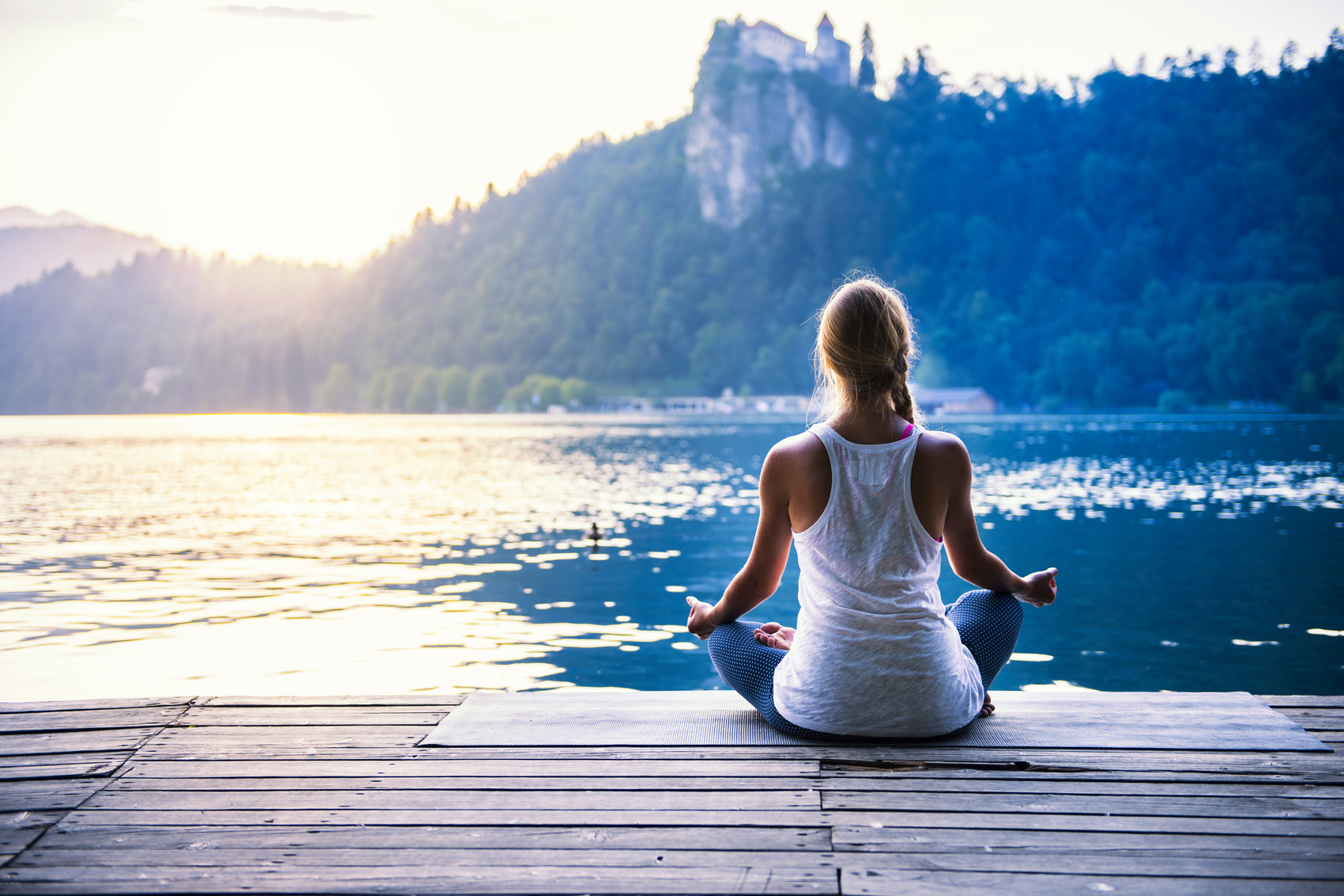
14. Delicious taste of Food and Culinary Classes
India tours are not just about sightseeing, it is more about experiences. Indian food is the greatest delight of exploring the country. From the North to South, East to West, the gastronomy is unique. Each region, each city and almost all cultures deserve a visit to savor each of the tastes. From Rajasthani food, Mughlai cuisines, South Indian dishes, sweets, beverages, street food and more, everything calls for a food tour. While the tastes will make its place among the best memories, culinary classes imparts the knowledge to be taken home.
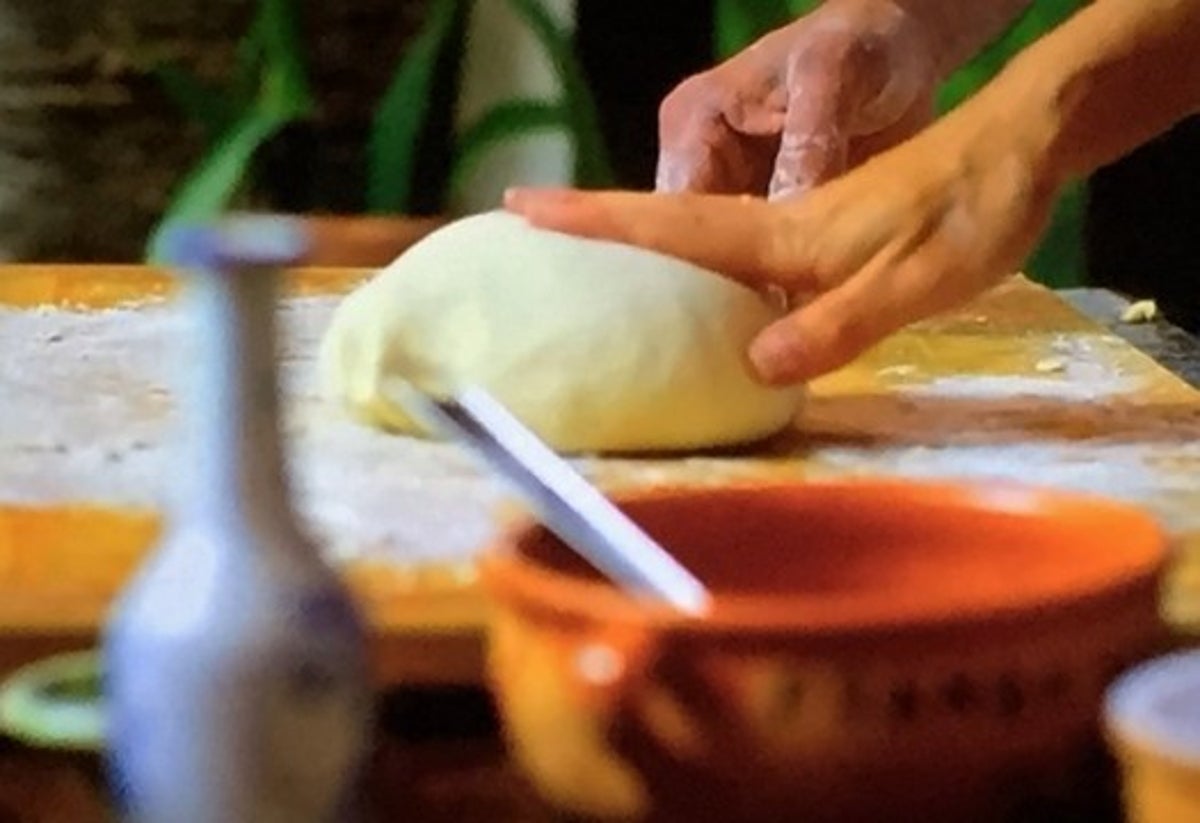
15. Shopping
Shopping may not sound that glamorous but in India it is definitely among the greatest travel experiences. Handicrafts- clothing & jewellery are the greatest bargains but there is also spices, local produce and unique highlights of every region. Besides the deal the experience of negotiation is the amazing.

16. Stay at Royal Palaces
Hospitality has been the very base of India tours. Royalty has been the very basic fabric of the colourful legacy of the country. The royals of the olden days built and lived in some of the most fantastic palaces. They royal palaces have now been converted into hotels that pamper guests with an exclusive stay. Stay in the royal palaces turned heritage hotels are among the greatest travel experiences. Royal Rajasthan tour with heritage hotels are the favourite tour for the one in love with royal pampering luxuries.
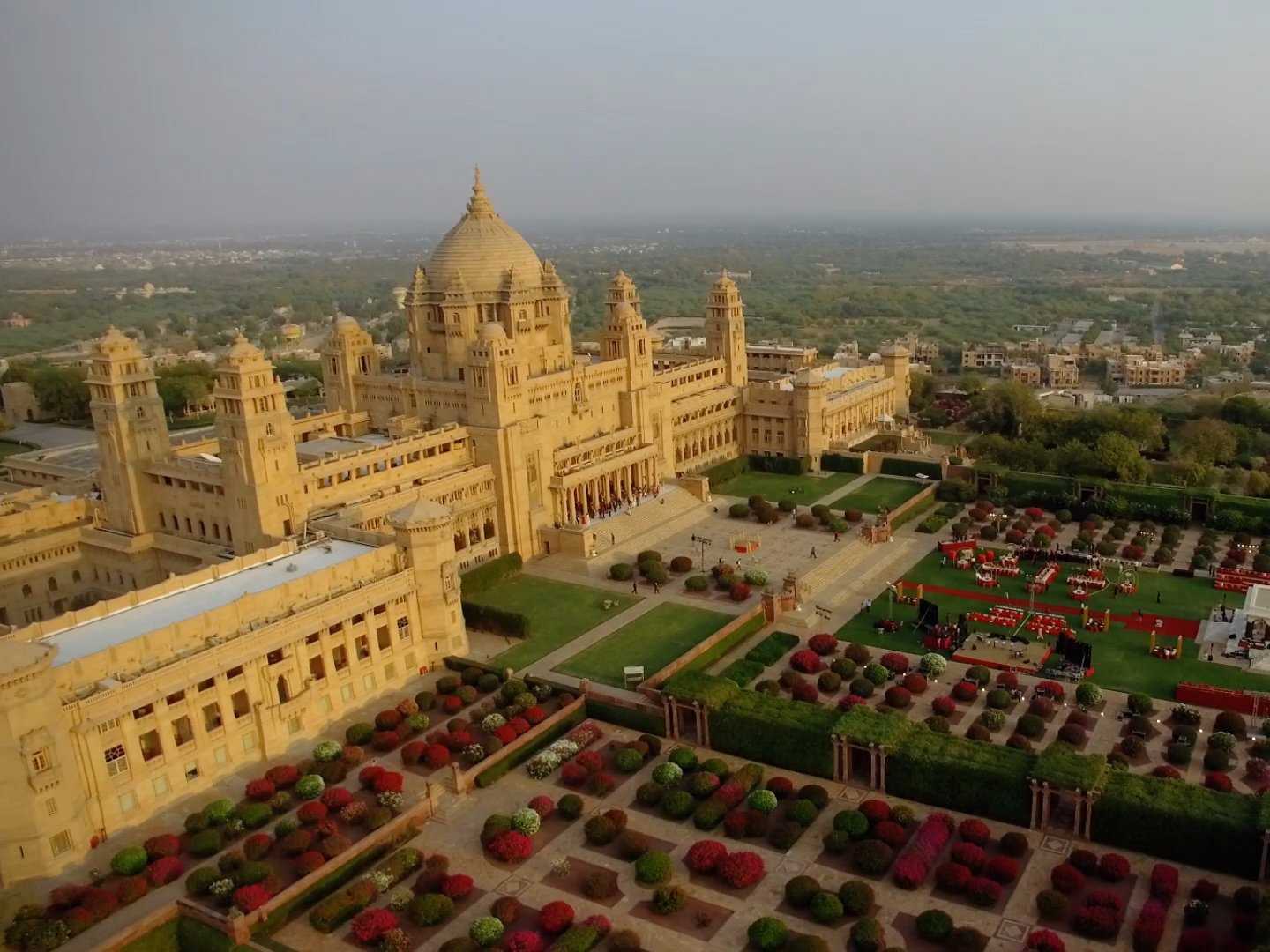
17. Discovering the popular Golden Triangle
The most popular of India tours, The Golden Triangle Tour is among the best experiences of India in a short time. Covering the cities of Delhi, Agra and Jaipur, the journey covers the impressive remains of the many dynasties that rules Delhi, Mughal Culture and a glimpse of the royal Rajputana traditions. The concise tour covers the wonder of the World- Taj Mahal, UNESCO World Heritage Sites and there unique cultures.
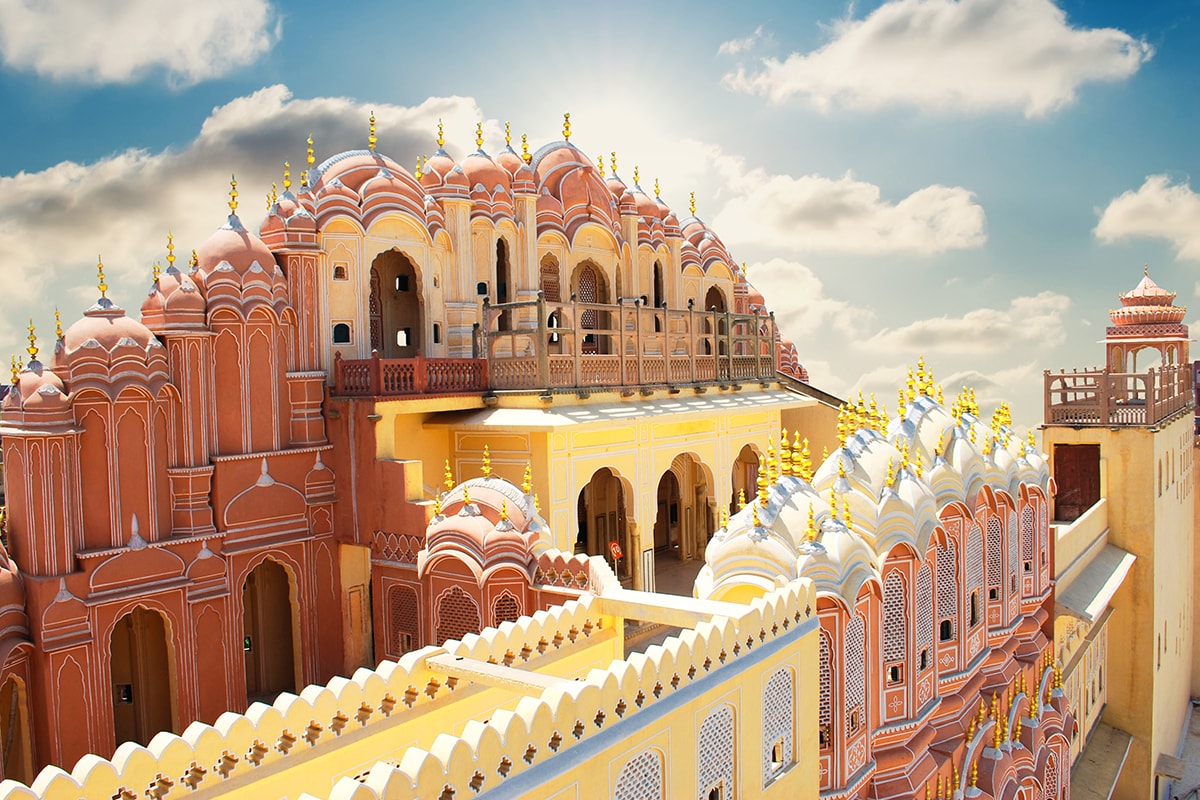
18. The vast nothingness of the Rann of Kutch and the burst of colors
A unique landscape, the Rann of Kutch is a vast expanse of the salt-marsh desert. Imitating nothingness and often mirroring the sky, the land is truly incredible and the view among the cherished memories of a lifetime. The beautiful Rann comes to life during its colourful Rann Utsav (November to February. Drive out over the plains in a jeep, stay in a tent city, come across folk culture, embark upon camel safaris, and fall in the love with wonder.
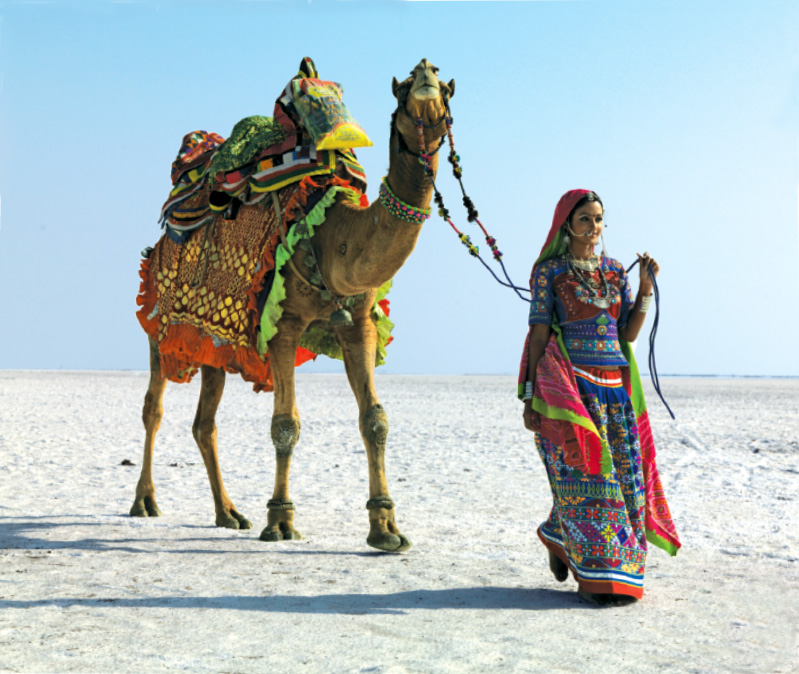
19. Sussegado in Goa
Goa is India’s tropical haven. Blessed with beautiful beaches, thrilling adventure sports, Portuguese heritage & culture and many leisurely experiences, Goa is synonymous with relaxed fun. For the ultimate beach holiday, Goa has it all. Relax by the shore with your favourite drink, enjoy the privacy of your beach resort, try water sports, explore spice plantation & wildlife sanctuaries, discover the old churches and forts and have the great vacation. Goa offers the best of travel experiences in the Indian Sub-Continent.
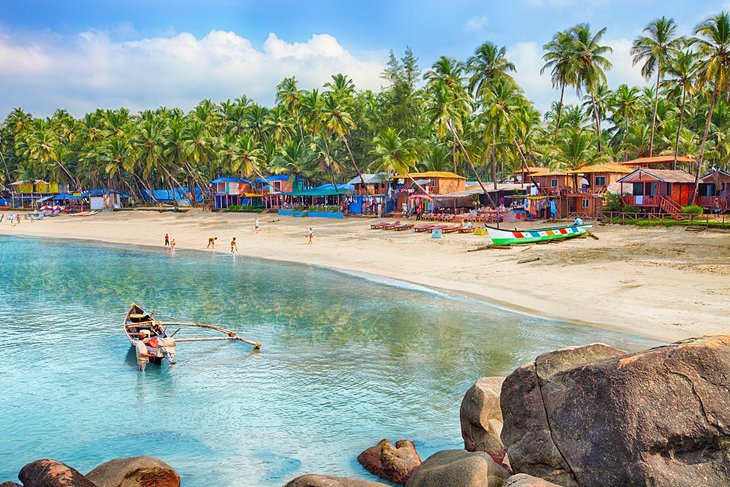
20. Experience the Kandy Esala Perahera
The streets of Kandy are witness to one of the most spectacular processions in the world. The Esala Perahera (also known as The Festival of the Tooth) is an annual festival every July or August (depending on the Full Moon Poya Day). Hundreds of whip crackers, flag bearers, fire-dancers, Kandyan drummers, and elephants in bejewelled capes make it an awe-inspiring event and the best among experiences to try on a tour of the Indian Subcontinent.
